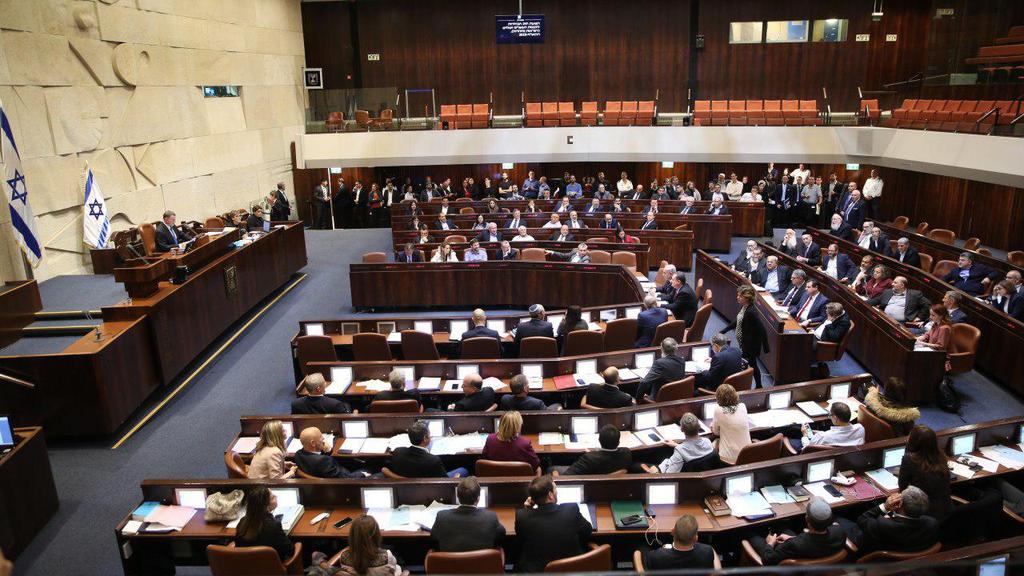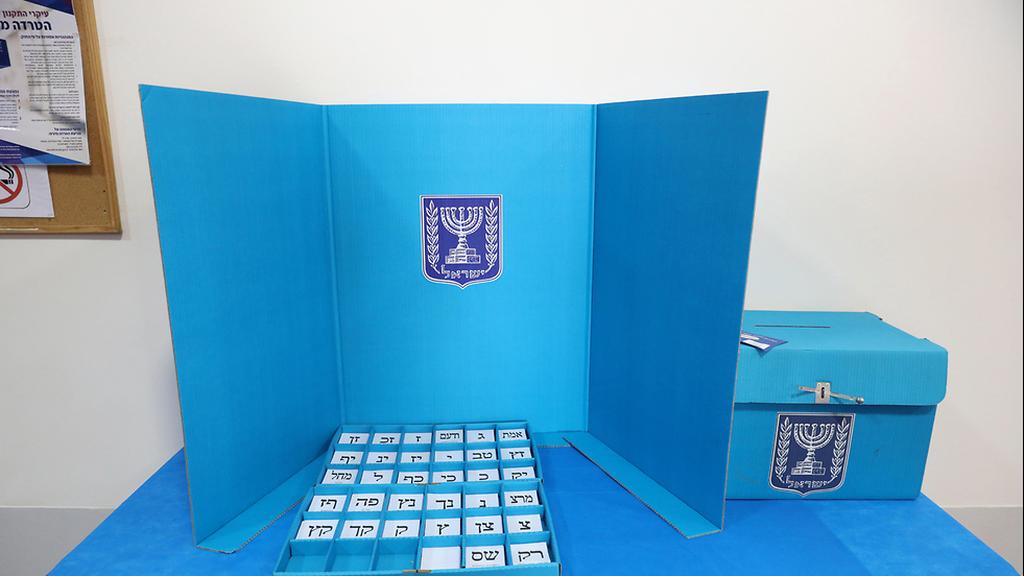Getting your Trinity Audio player ready...
The immediate cost to the Israeli economy for the third election in less than one year is an estimated NIS 3.8 billion.
According to the Manufacturers Association of Israel, a sabbatical on Election Day costs the economy NIS 1.5 billion by conservative estimates, but could be as high as NIS 2 billion.
3 View gallery


MKs gather in the Knesset plenum as parliament is dissolved for the third time in less than a year
(Photo: Alex Kolomoisky)
Businesses that will open their doors on Election Day are required to compensate their employees with a 200% increase in pay, while others in the market will be given a fourth day off to exercise their civic duty at the government's expense in less than one year, including national elections and elections for regional and local councils.
The Central Elections Committee budget had received a budget of NIS 200 million for their work on the September ballot, including costs for surveillance cameras and observers at polling stations – all in an effort to prevent voter fraud. This time, it will receive additional funds and will cost the taxpayers NIS 360 million.
3 View gallery


Knesset Central Election Committee staffers during the September elections
(Photo: Knesset TV)
The other side of the equation is the expected boost to trade as voters enjoy their day off work and flock to shopping centers and malls.
The Manufacturers Association estimates voters will spend close to NIS 1 Billion.
The cumulative cost for the last three elections is an estimated NIS 10 billion - enough to build five state-of-the-art hospitals, raise old-age stipends for one million elderly citizens in need or build classrooms, to name but a few examples.
Senior officials in the Finance Ministry said Wednesday: "A third election is a waste of money that could have been spent elsewhere, and despite a 2% growth in population, there can be no new state budget decided until a new government is sworn in."


